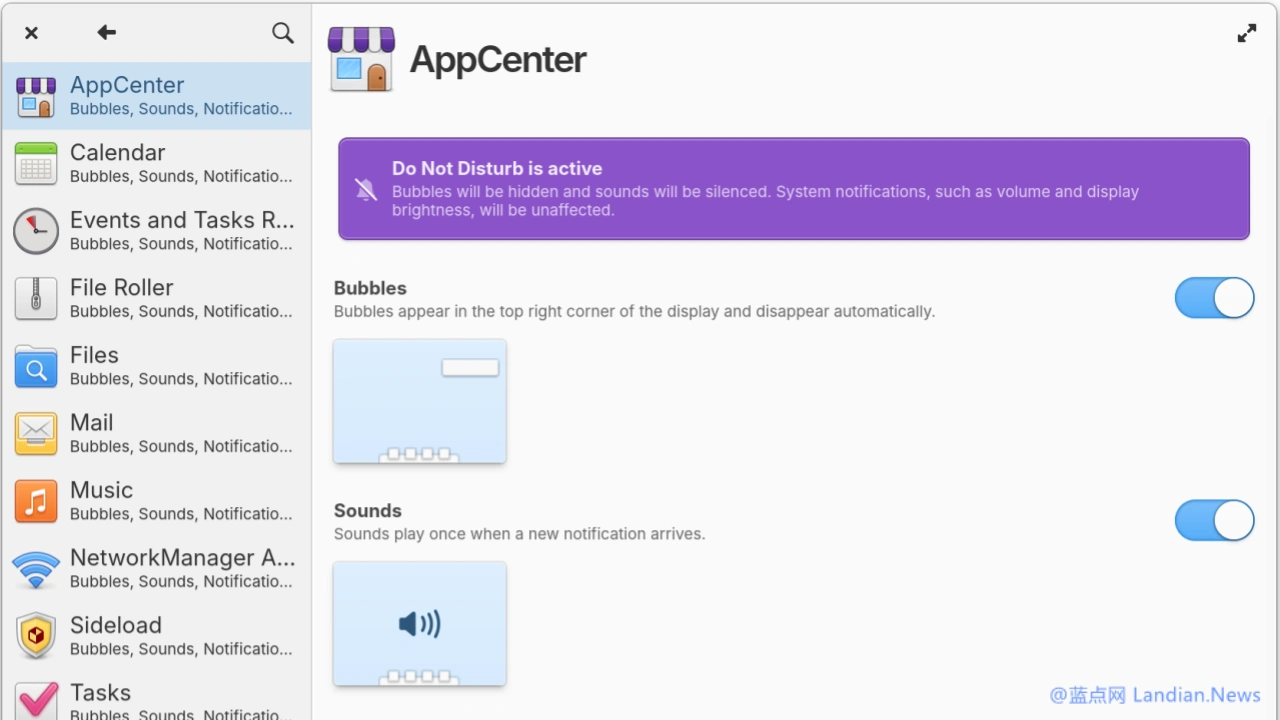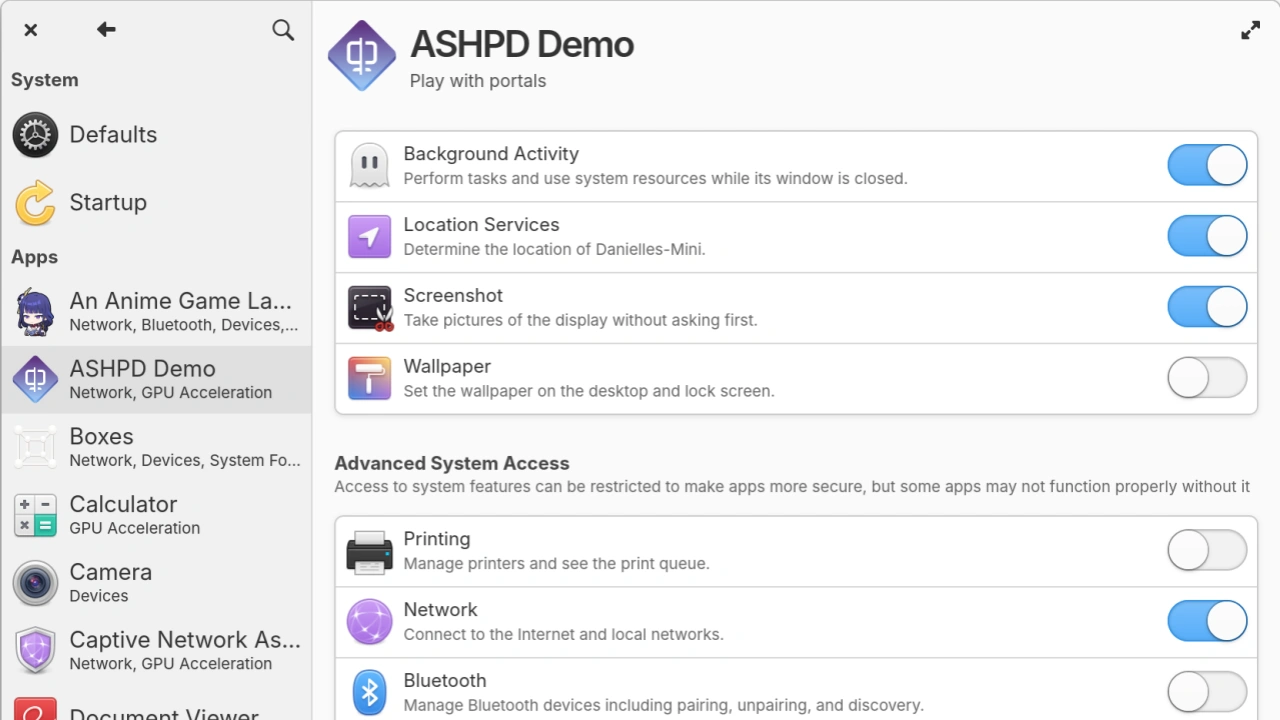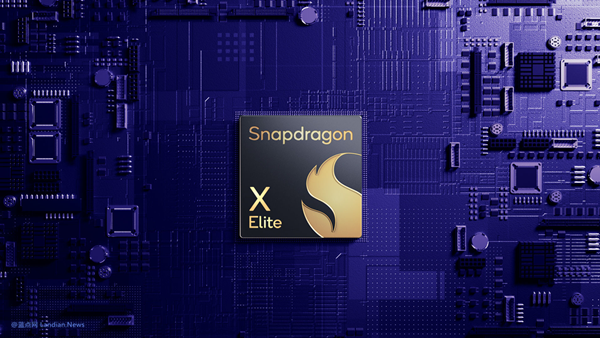Linux Kernel 6.9 Support Ends, No Longer Receives Security Updates: Users Advised to Upgrade to 6.10 or Opt for LTS Versions
The Linux Kernel 6.9 version, a non-long-term support (non-LTS) release, was initially launched on May 12, 2024. It has now reached the end of its support life and will no longer receive security updates. Users currently on this kernel version are encouraged to upgrade to a later supported version or to switch to an LTS (Long Term Support) edition.
Typically, the lifecycle of non-LTS kernel versions is quite short. The final release in the Linux Kernel 6.9 series was version 6.9.12, which has been marked as EOL (End of Life) on Kernel.org.
For users looking for alternatives, the Linux Kernel 6.10.y branch is available (with the latest version being 6.10.3), which is also a non-LTS version offering only a few months of support. Users can perform rolling updates based on the Linux distribution they are using.
For those reluctant to frequently upgrade their kernel, considering an LTS version might be the best option. Both Linux Kernel 6.6 LTS and 6.1 LTS will receive support until December 2026, alleviating concerns about the end-of-life cycle for the time being.
In terms of operating systems, an increasing number of GNU/Linux distributions have already upgraded or plan to upgrade to the Linux Kernel 6.10.y branch in the coming weeks. This includes Fedora Linux, Ubuntu, and Linux Lite, among others. Users of these distributions can consult the developer's website for upgrade information.
Lastly, the mainline version of Linux Kernel 6.11-rc2 has also been released today. This new kernel version will be officially launched after testing is complete, providing another upgrade option for users moving from 6.9.













